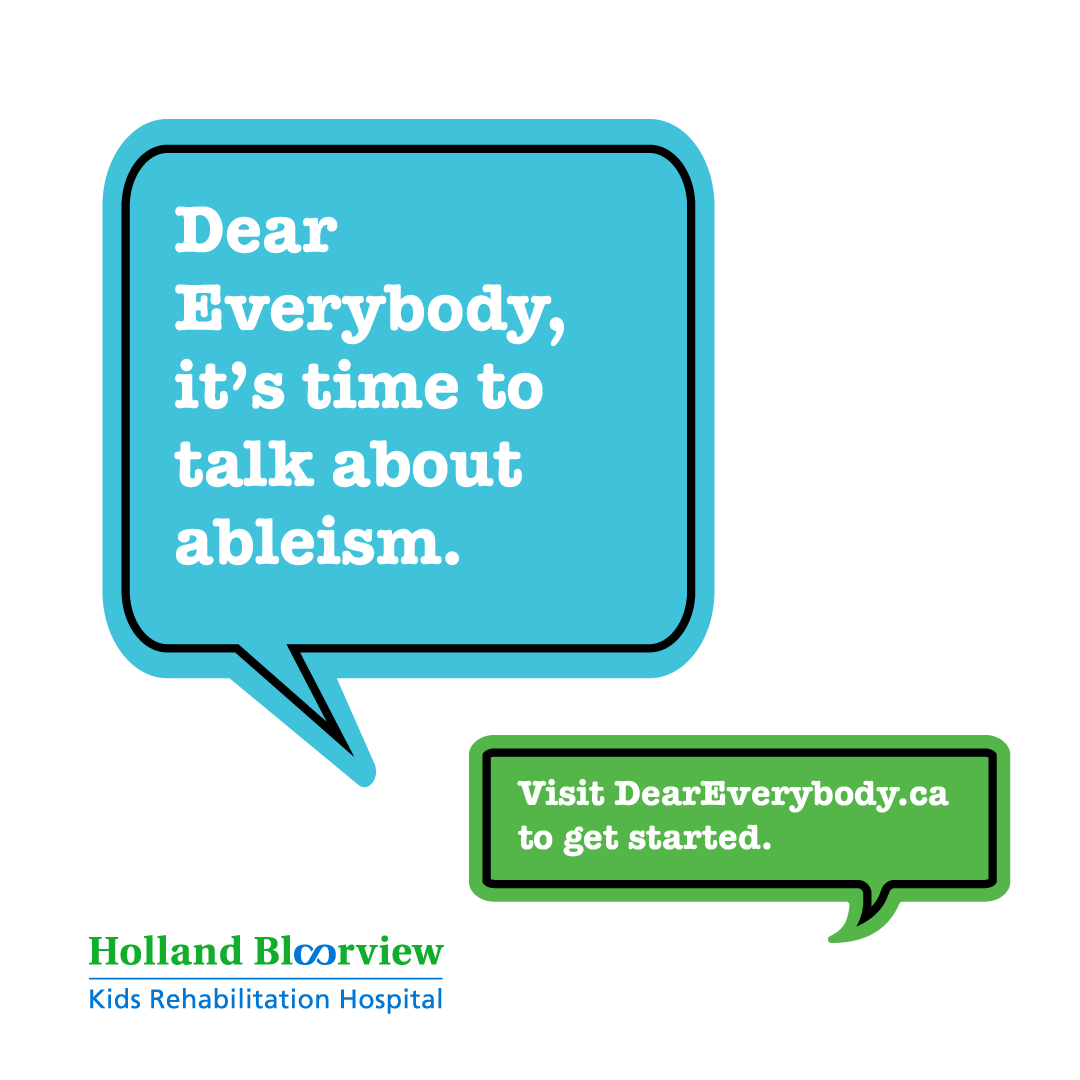For adults who are allies
6 Tips to Help You as You Strive to be an Ally
By advocating with children and youth with disabilities you’re helping to reduce stigma and creating a world built on equity and social justice. Being an ally isn’t something you are – it’s something you do through your actions, and requires thinking about the impact you ultimately want to have. Here are six practices you can do each day as you strive to act in allyship.
Challenge the belief that kids and youth with disabilities lead less fulfilling lives
Just because someone lives with a disability doesn't mean they’re living a life that's any less than someone who isn’t living with a disability.
Listen, learn, and take direction
Sometimes the fear of unintentionally saying something wrong may stop you from discussing disability. Don’t let that fear stop you from striving to act in allyship effectively and doing the work. You might make a mistake, but the best way to learn from and understand someone with a disability is to ask questions. Be respectful about the questions you ask, and understand that the person may choose not to answer. Follow their lead on how exactly they’d like your support. If you do make a mistake, don’t make it about you. Focus on the impact you’ve had on the person and offer to make amends.
Don’t make assumptions about a person’s abilities
The only thing you should assume is that a person with a disability—whether it’s physical or intellectual—is competence. Be open to the idea that the way a child with a disability may just do everyday tasks differently, compared to how you might.
Always ask before you act
If you’d like to provide help, simply ask, “I am here for support, if that is needed, how may I assist you?” Most of the time, kids and youth with disabilities will make it known if they need help, and if so how they need help.
Remember that kids and youth with disabilities aren’t “underdog stories”
Many kids and youth don’t see living with a disability as anything more than just a part of their identity and don’t appreciate being described as “rising over it.” Don’t objectify a person with a disability by describing their talents as “overcoming a challenge.”
Ask how they would like to self-identify
Some people prefer people-first language (“a person with a disability”) to suggest that disability is only a part of them, but doesn’t define them. Others prefer identity-first language (“a disabled person”), because they view disability as integral to who they are and are proud of it. If you’re ever unsure, always ask them what language they’d like to use to self-identify and honour that by using it accordingly
Other language tips:
- Don’t use “normal kids” say “a typically developing child”
- Don’t use “confined to a wheelchair” say “uses a wheelchair or mobility device”
